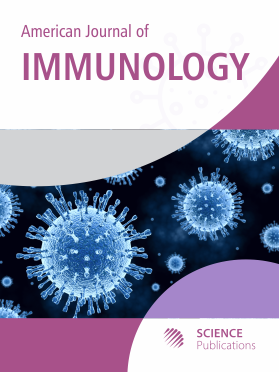Punicalagin Suppresses Mediators Involved in Labor Onset and Progression in vitro
- 1 University of Melbourne, Australia
- 2 University of Queensland, Australia
- 3 Mercy Perinatal Research Centre, Australia
Abstract
Spontaneous preterm birth is the leading cause of neonatal morbidity and mortality. Inflammation plays a central role in the activation of myometrial contractions and rupture of fetal membranes associated with spontaneous preterm birth. The pomegranate polyphenol punicalagin is known to possess anti-inflammatory properties. In this study, we aimed to determine the effect of punicalagin on pro-inflammatory and pro-labor mediators in an in vitro model of intrauterine inflammation associated with preterm birth. Primary human cells isolated from myometrium, decidua and fetal membranes (amnion mesenchyme) were stimulated with or without IL1B or TNF, in the absence or presence of punicalagin. Punicalagin blocked inflammation-induced expression of pro-inflammatory cytokines, chemokines and extracellular matrix degrading enzymes in primary myometrial, decidual and amnion cells. Punicalagin also suppressed inflammation-induced myometrial activation as evidenced by a decrease in PTGS2 mRNA expression, PGF2α secretion and myometrial cell contractility in situ. Overall, punicalagin may block pro-inflammatory and pro-labor mediators in human gestational tissues. Further study should identify if punicalagin can delay LPS-induced spontaneous preterm birth in an in vivo mouse model.
DOI: https://doi.org/10.3844/ajisp.2021.25.39

- 4,008 Views
- 1,854 Downloads
- 0 Citations
Download
Keywords
- Punicalagin
- Preterm Birth
- Myometrial Activation
- Membrane Rupture
- Inflammation
